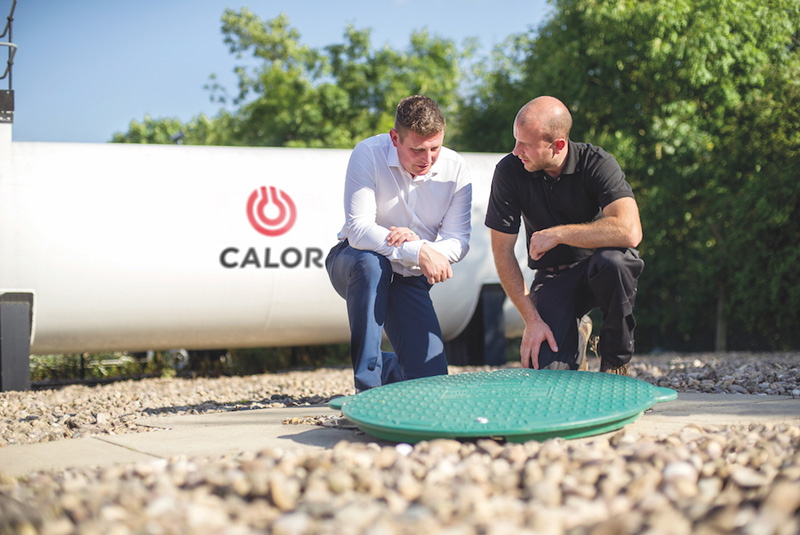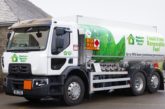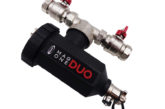
Following recent announcements from the Government outlining its new Clean Growth Strategy, Calor wants to help installers understand what this policy means for them, and why now is the ideal time to learn about cleaner fuel options available for their customers. Here, the company outlines its thoughts on the policy.
The Clean Growth Strategy seeks to achieve decarbonisation across the UK, and looks to phase out heating oil and oil boilers which struggle to reach the minimum standards for carbon and emissions.
Customers may not currently be aware of the Clean Growth Strategy, but will soon have to make long-term considerations about the longevity of their fuel. So, it’s important that installers are equipped with the knowledge and skills to advise them and provide an alternative.
Calor supports a low carbon transition and has invested in developing and bringing to market BioLPG in early 2018 – a renewable fuel. BioLPG is created from a mix of renewable materials and waste, and can reduce a customer’s carbon footprint by up to 38 per cent. What’s more, no retrofitting is required, meaning any LPG boilers installed now will have longevity to run from BioLPG into the future.
With the recent announcements about the Clean Growth Strategy, it’s therefore the ideal time to become familiar with LPG and BioLPG as a futureproof solution, in order to fulfil customer’s enquiries and needs.
Gregor Dalgleish, National Sales Manager at Calor, said: “Here at Calor, we continually strive to improve our own environmental performance and deliver products and solutions that help our customers deliver better energy savings.
“We understand installers play a vital role in providing information to homeowners and delivering energy to rural homes, and that’s why we want to help equip them with the facts about LPG as a cleaner fuel option.
“The Clean Growth Strategy offers installers a new opportunity to become an expert in the future of rural fuels, to both ensure their business is sustainable and take advantage of the business opportunities it presents.”
To become LPG qualified, installers must undertake ‘CCLP1 – Core LPG Safety Training & Assessment’ and ‘CONGLP1 (PD) – Conversion of Natural Gas to LPG’. The course can be completed over a couple of days and the qualifications cost on average £500 to complete.
Calor offers a range of support and incentives to its installer network, including a payment of up to £250 every time you successfully recommend Calor to your customers, and a listing on the ‘Find an installer’ tool on their website.











